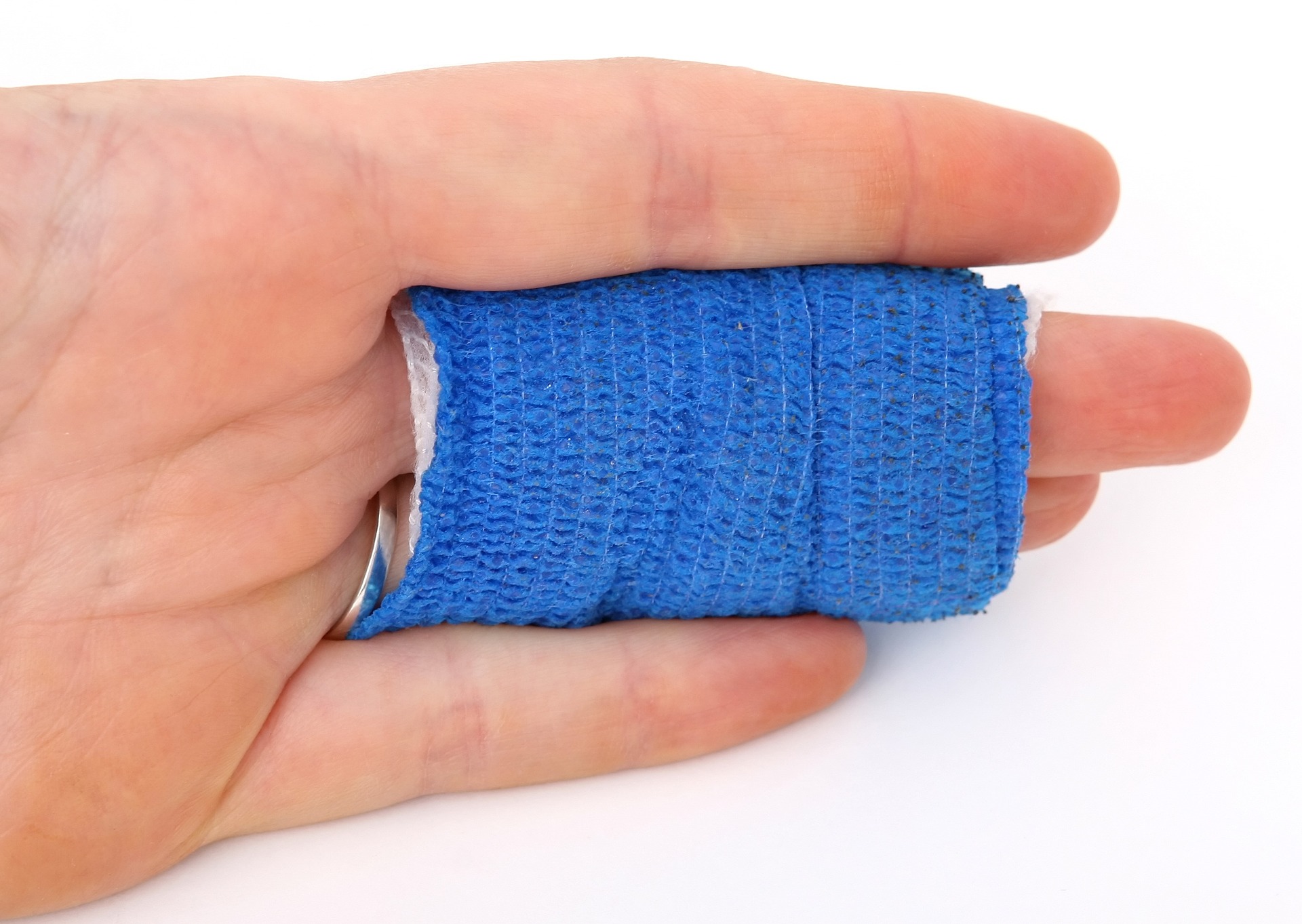"Expert NDIS physiotherapy, right at your doorstep."
Welcome to Physiotherapies!
Welcome to Physiotherapies!

A sprain occurs when a ligament – the tissue that connects bones at a joint – is stretched or torn. This often happens during injuries like falls, twists, or impacts, causing bones to move beyond their normal range of motion. The most common sprains affect the ankle and wrist, with symptoms including pain, swelling, bruising, and reduced joint mobility.
If you’ve experienced a sprain, follow the Physio-4 Therapies for Sprains to minimize further injury, speed up recovery, and stay active for life.
The RICE Principle (Rest, Ice, Compression, Elevation) is an essential first step after a ligament sprain. This method helps reduce swelling and provides initial pain relief. Visit your physiotherapist for a thorough assessment of your strength, range of motion, and biomechanics to ensure proper recovery and return to normal function.
If your sprain causes swelling and restricted movement, consult a physiotherapist immediately. They can provide treatments such as:
Strengthening the muscles around the sprained joint is vital to restore stability and prevent future injuries. Your physiotherapist will guide you through targeted strengthening exercises to activate and isolate the appropriate muscle groups.
A sprain can significantly limit your joint’s mobility. Physiotherapists specializing in manual therapy can perform specific joint mobilizations to ensure optimal bone movement while your ligament heals. Maintaining mobility is crucial to recovering fully and regaining functionality.
Physiotherapists are the trusted recovery specialists recommended by most doctors. As university-educated health professionals, they treat patients of all ages for a variety of conditions, including:
At Physiotherapies, Melbourne’s trusted health experts, we are committed to helping you stay active and keep moving for life.
